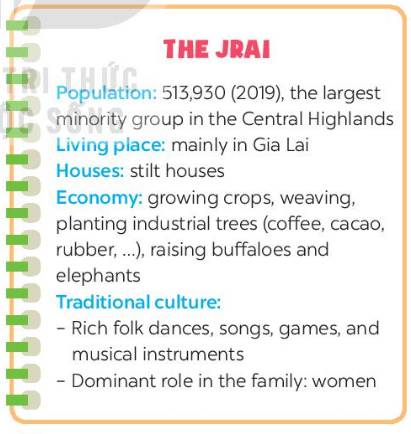I. Complete the sentences. Put the verbs in brackets into the conditional sentences type 1 and type 2.
1. The bell (ring)…………..….. if there (be) …………..…..…..a fire.
2. If you (not learn) …………..…..…..how to use a computer, it will be hard to find a job.
3. I (offer)…………..…..….. to give you a lift if I had my car here.
4. If you(drive)…………..…..…..from London to Glasgow, which way would you go?
5. We (not have) …………..…..…..any money if we didn’t work.
6. If we reuse things, this(minimize) …………..…..…..the dependence of making new things.
7. If I were you, I (not wait) …………..…..….., I (go) …………..…..…..now.
8. If Mr. Tom was still head teacher, he(not permit) …………..…..….. such bad behavior.
9. If we (recycle) …………..…..…..glass, we(reduce) …………..…..…..air pollution by 20 percent.
10. If you (hear) …………..…..…..loud noise too often, you(have) …………..…..….. hearing loss.
II. Write the sentences with “if” for each situation. Use the conditional sentence type 1.
(5 points)
1. You drive fast. You have an accident.->………………………………………………..
2. He doesn’t stop smoking, he dies of lung cancer.->……………………………………
3. Your English is good. They accept you. ->…………………………………………
4. They don’t open the door. The room is very dark.
->………………………………………………..
5. We pollute the river. We don’t have water to use.
->………………………………………………..
III. Find the word which has different sound in the part underlined.
1. A. around B. various C. sound D. mountains
2. A. follow B. powder C. show D. borrow
3. A. typhoon B. cyclone C. shy D. sunny
4. A. thunder B. result C. erupt D. volume
IV Choose one word whose stress pattern is different from the others.
5. A. fantastic B. historic C. comic D. symbolic
6. A. economic B. phonetic C. energetic D. geographic


Bài tham khảo
A: If you'd felt ill this morning, what would you have done?
B: If I’d felt ill this morning, I would have stayed at home and rested.
A: If there hadn't been school last Friday, what would you have done?
B: If there hadn't been school last Friday, I would have gone to the beach.
A: If you’d felt hungry on the way home from school yesterday, what would you have eaten?
B: If I'd felt hungry on the way home from school yesterday, I would have bought a sandwich or a snack.
A: If I'd forgotten to do my homework at the weekend, what would have happened?
B: If you'd forgotten to do your homework at the weekend, you would have got a lower grade or failed the assignment.
A: If I hadn't studied English in primary school, what would I be doing now?
B: If you hadn't studied English in primary school, you might not have been able to understand or speak to me in English now.
A: If I'd been late for school this morning, what would I have missed?
B: If you'd been late for school this morning, you would have missed the first lesson or the school assembly.
Tạm dịch
A: Nếu bạn cảm thấy ốm sáng nay, bạn sẽ làm gì?
B: Nếu tôi cảm thấy ốm sáng nay, tôi sẽ ở nhà và nghỉ ngơi.
A: Nếu không có tiết học vào thứ Sáu tuần trước, bạn sẽ làm gì?
B: Nếu thứ sáu tuần trước không đi học thì tôi đã đi biển rồi.
A: Nếu bạn cảm thấy đói trên đường đi học về ngày hôm qua, bạn sẽ ăn gì?
B: Nếu tôi cảm thấy đói trên đường từ trường về nhà ngày hôm qua, tôi sẽ mua một chiếc bánh sandwich hoặc đồ ăn nhẹ.
A: Nếu tôi quên làm bài tập về nhà vào cuối tuần, điều gì sẽ xảy ra?
B: Nếu bạn quên làm bài tập về nhà vào cuối tuần, bạn sẽ bị điểm thấp hoặc trượt bài tập.
A: Nếu tôi không học tiếng Anh ở trường tiểu học, tôi sẽ làm gì bây giờ?
B: Nếu bạn không học tiếng Anh ở trường tiểu học, bạn có thể không hiểu hoặc nói chuyện với tôi bằng tiếng Anh bây giờ.
A: Nếu sáng nay tôi đi học muộn, tôi sẽ bỏ lỡ điều gì?
B: Nếu sáng nay bạn đi học muộn, bạn sẽ bỏ lỡ buổi học đầu tiên hoặc buổi tập trung của trường.